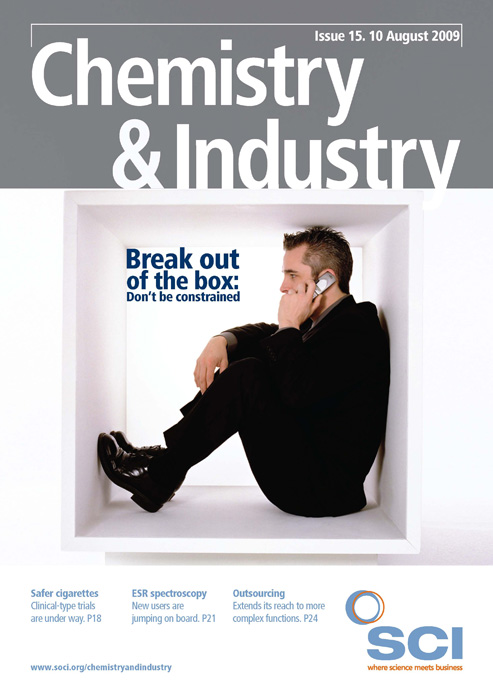Industry could reap a €5bn windfall
from the over allocation of carbon
permits under the EU’s Emissions
Trading Scheme (ETS). The excess
permits, according to a report by
a not-for-profit climate change
organisation, are a result of two
problems: an excess of permits in
Phase 2 of the ETS and no way to
compensate for the bottom falling
out of the permits market.
Under Phase 2 of the ETS, an EUwide
cap of 2.08bn t of CO2 has been
put in place. The ETS currently covers
around 10,000 facilities and power
plants in the EU and requires them
to trade permits for each tonne of
CO2 emitted. Permit prices currently
stand at just over €14, having traded
at highs of more than €30/t of CO2
and lows of less than €0.1/t of CO2 at
the end of Phase 1.
The report, by UK campaign
organisation Sandbag, blames the
glut of permits on overly optimistic
growth predictions, exacerbated
by the global recession, which has
reduced economic activity and,
therefore, cut CO2 emissions. Sandbag
predicts a surplus of 400m permits
from this, as well as another 300m
from the New Entrants Reserve by
2012. On top of this, industry has the
option of buying offset credits from
overseas, and the report predicts
that this could add another 900m
credits during Phase 2. This potential
oversupply of 1.6bn permits could
undermine emissions reductions,
with many of these permits bankable
for use in Phase 3 of the ETS.
Alex Desbarres, senior
renewables analyst at Datamonitor,
says that some of the figures look
over the top, but overseas credits
have been in oversupply for the last
three to four months. It is difficult
to distinguish between emissions
reductions resulting from the ETS or
the recession, he adds, but emissions
from those facilities involved in Phase
1 actually rose by 2.1%.
‘Inevitably, while every effort has
been taken by legislators to ensure the
cap for Phase 2 was challenging, no
one could have seen the impact of the
recession,’ says Nick Sturgeon, head
of climate change and energy at the
UK Chemical Industries Association.





